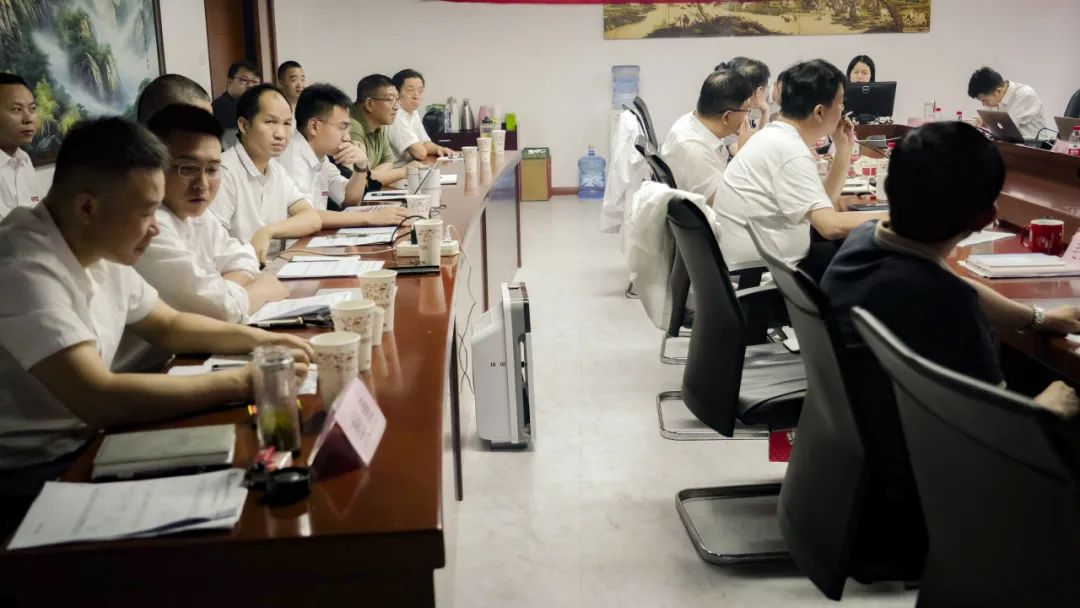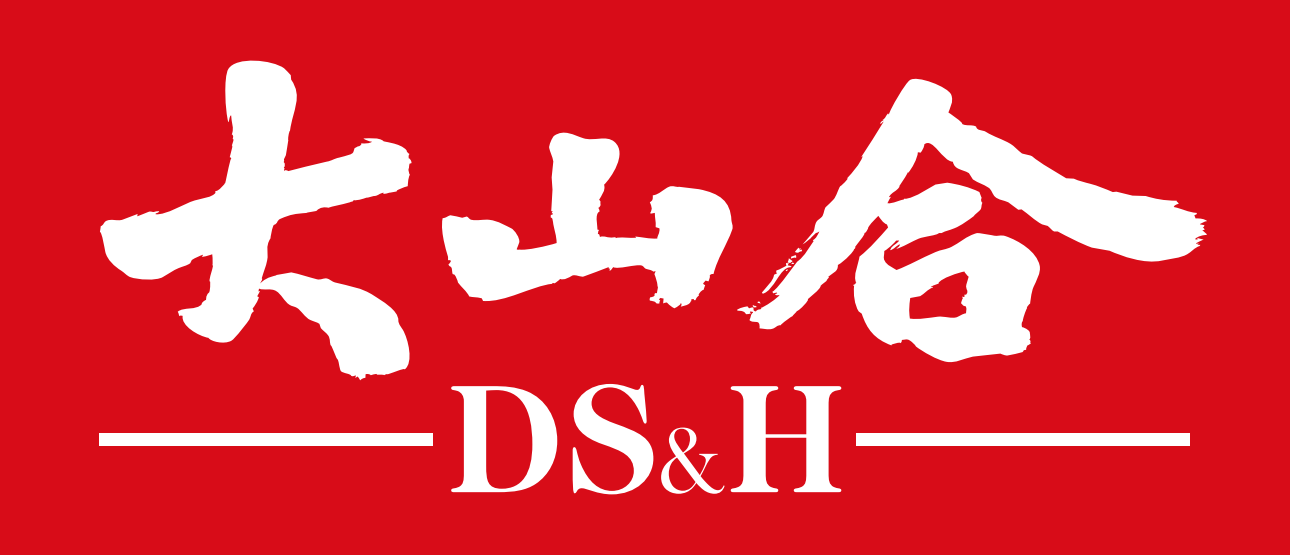
Empowering Growth Through Knowledge: Dushanhe's Comprehensive Training Programs in the Edible Fungus Industry
In the rapidly evolving edible fungus industry, staying ahead requires continuous learning, innovation, and strategic collaboration. Recognizing this need, Dushanhe, a global leader in edible fungus research, cultivation, and commercialization, has established itself as a pioneer in fostering industry growth through its diverse range of educational initiatives. From scientific workshops to hands-on skill-building sessions, Dushanhe’s training programs are designed to equip professionals, partners, and stakeholders with the tools they need to thrive in a competitive market. This article explores how these programs are shaping the future of the edible fungus sector.
1. Edible Fungus Science Popularization: Bridging Knowledge Gaps
Dushanhe’s foundational training program focuses on edible fungus science popularization, aimed at demystifying the biology, nutritional benefits, and culinary applications of fungi. Designed for students, farmers, and entry-level professionals, these sessions combine lectures, interactive labs, and field visits to provide a holistic understanding of fungal cultivation. Topics range from the genetic diversity of mushrooms to their role in sustainable food systems. By making complex scientific concepts accessible, Dushanhe empowers participants to appreciate the ecological and economic potential of edible fungi. Recent workshops have highlighted innovations like mycoremediation (using fungi to clean polluted soil) and the use of AI in optimizing growth conditions—a testament to the industry’s cutting-edge advancements.

2. Sales Mastery: Turning Expertise into Market Success
Understanding that knowledge alone isn’t enough, Dushanhe places equal emphasis on sales and business acumen. Its sales training programs target sales teams, distributors, and entrepreneurs, blending traditional sales techniques with modern digital strategies. Participants learn how to articulate the value proposition of edible fungi—such as their high protein content, low environmental impact, and versatility—to diverse audiences, from health-conscious consumers to bulk buyers. Case studies from successful partnerships showcase how data-driven insights and customer-centric approaches can boost sales. For instance, a recent module on e-commerce strategies revealed how leveraging social media platforms like Douyin (TikTok) helped one distributor increase online sales by 300% within six months.
3. Channel Partner Development: Building Strong Ecosystems
The company’s Channel Partner Development Program is a cornerstone of its ecosystem-building strategy. This initiative trains regional distributors, retailers, and logistics providers to strengthen supply chains and improve market penetration. Sessions focus on relationship management, inventory optimization, and conflict resolution, ensuring partners operate cohesively. A key highlight is the “Partner Success Stories” series, where industry veterans share lessons from overcoming challenges like seasonal demand fluctuations or regulatory hurdles. By fostering trust and alignment, Dushanhe ensures its partners are not just resellers but strategic allies invested in long-term growth.
4. Deep Dive into Fungal Processing Technologies
As demand grows for processed mushroom products—from functional foods to pharmaceuticals—Dushanhe’s Advanced Processing Technology Workshops address the technical skills required to meet this trend. Engineers, R&D specialists, and quality controllers learn about advanced techniques such as freeze-drying, fermentation, and extrusion. Hands-on sessions allow participants to experiment with new equipment and refine processes for higher yield and better preservation. One notable session covered the use of enzymatic hydrolysis to enhance bioactive compounds in mushroom extracts, opening doors to high-value markets in nutraceuticals and cosmetics.
5. Sustainability and Innovation: The Road Ahead
Beyond technical skills, Dushanhe integrates sustainability into every training module. Workshops emphasize eco-friendly farming practices, waste reduction, and circular economy models. For example, a recent program demonstrated how spent mushroom substrate can be repurposed as organic fertilizer or biofuel, aligning with global decarbonization goals. Additionally, innovation labs encourage participants to brainstorm solutions for emerging challenges, such as developing faster-growing varieties or combating climate-related crop diseases.
Conclusion: Cultivating a Thriving Future
Dushanhe’s training ecosystem reflects its commitment to being more than a corporation—it is a knowledge hub driving industry-wide progress. By equipping participants with scientific expertise, business strategies, and sustainable practices, these programs ensure that the edible fungus industry remains resilient and forward-thinking. As global demand for plant-based proteins and functional ingredients surges, Dushanhe’s investment in human capital positions it at the forefront of shaping a healthier, more sustainable future. Whether you’re a farmer, entrepreneur, or scientist, Dushanhe’s workshops offer the insights needed to turn challenges into opportunities—a true testament to the power of shared knowledge.
